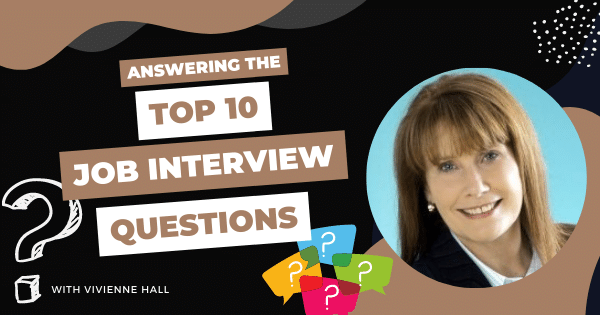Where do you see yourself in the next five years?

If you’re looking for a new job head over to our job board now by clicking here.
Answering the question
The interview question “Where do you see yourself in the next five years?” is a common one for job seekers. As a candidate, it’s important to have a well-thought-out answer that showcases your goals, ambition, and alignment with the company’s mission. Here are a few tips for crafting your response.
Show your enthusiasm for the company:
Start by expressing your excitement about the company and the opportunity to work with their team. Show that you have done your research and are eager to contribute to their success.
Focus on growth:
Discuss your professional goals and how you plan to grow and develop in your career. Mention specific skills or areas you’d like to improve upon and how you plan to do so.
Align with company values and mission:
Share how your personal and professional goals align with the company’s mission and values. Explain how you hope to contribute to the company’s success and make a positive impact.
Be realistic:
It’s important to be honest and realistic about your future goals. If you hope to move into a leadership role in five years, for example, discuss your plans for acquiring the skills and experience necessary for that role.
Leave room for flexibility:
Remember that the future is unpredictable, so it’s okay to acknowledge that your plans could change. Emphasize your willingness to adapt to new opportunities and challenges that may arise.
Summary
In conclusion, when answering the question “Where do you see yourself in the next five years?” make sure to express your enthusiasm for the company, focus on growth, align with the company’s mission, be realistic, and leave room for flexibility. This will show the interviewer that you are dedicated, ambitious, and a good fit for the company’s future.
CV Tips – Understand the difference between happiness and satisfaction
As recruiters it’s clear that the “Great Resignation” during the pandemic made people rethink their jobs. However, changing jobs does not necessarily increase your happiness. Before leaving your job, it’s important to consider what you like about it. Start by understanding the difference between happiness and satisfaction and identify the aspects of your job that bring you joy. Here are three questions to reflect on:
What brings you satisfaction and happiness in your job?
The process of your work affects daily happiness while the outcome of your work affects long-term satisfaction.
How do your values align with your job?
Understanding your values can help you appreciate the aspects of your job that bring satisfaction. Some common values that drive people are autonomy, teamwork, creativity, job security, performance income, power, leadership, kindness, diversity, moral fulfilment, honesty, adventure, ingenuity, etc.
What do you want to be able to say you accomplished in your job?
Reflecting on the impact you want to make can give you a sense of satisfaction with your work. Some examples of the impacts and accomplishments you can make from your career are: Revenue or sales you increased for your employer or money you have saved for them. Problems that you identified and resolved.

If you are unsure about your career prospects and want an opportunity to build your work experience consider joining our team as a temporary agent.